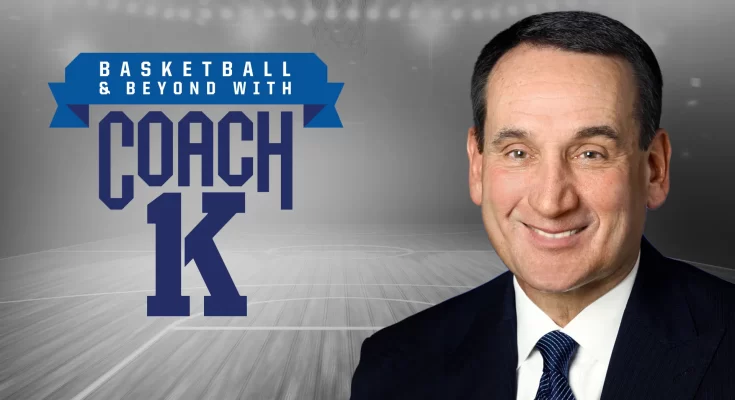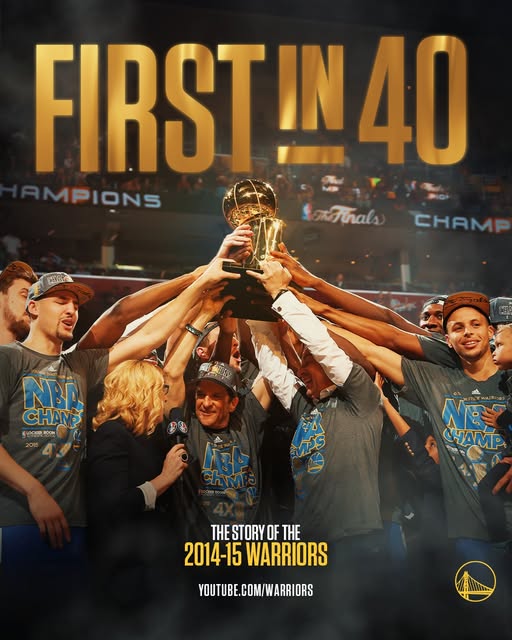Coach K Declares Grant Hill the Greatest Player in Duke Basketball History — No Hesitation.
When it comes to the storied history of Duke basketball, few names shine brighter than Mike Krzyzewski—affectionately known as Coach K. With over four decades of excellence at the helm of the Blue Devils, Coach K has mentored, molded, and celebrated a long list of college basketball legends. From Christian Laettner to Kyrie Irving, from J.J. Redick to Zion Williamson, the program has been a cradle of greatness. Yet, in a recent declaration that surprised some and confirmed what others already believed, Coach K named Grant Hill as the greatest player in Duke basketball history—without hesitation.
This unequivocal endorsement speaks volumes. It comes from a man who built Duke into a national powerhouse, who has seen countless players come and go, who has measured greatness not just by wins and stats but by leadership, consistency, impact, and legacy. So when Coach K names one man—Grant Hill—as the pinnacle of Duke’s basketball excellence, it’s more than a compliment. It’s a verdict rendered from the most authoritative voice the program has ever known.
Hill’s Duke legacy is remarkable not only for the highlights and championships but for the way he embodied what Duke basketball stood for. Arriving in Durham in 1990, Hill was the son of Calvin Hill, an Ivy League-educated NFL running back, and Janet Hill, a highly accomplished academic and consultant. From the outset, Hill carried himself with a poise, intelligence, and maturity that set him apart. He wasn’t just supremely talented—he was incredibly coachable, grounded, and dependable, characteristics that Coach K values above all.
During Hill’s four years at Duke, the Blue Devils reached the Final Four three times and won two national championships. He played pivotal roles in both of those titles. As a freshman in 1991, Hill contributed to a team led by Christian Laettner and Bobby Hurley that shocked the undefeated UNLV Runnin’ Rebels and then defeated Kansas for the school’s first-ever national championship. But it was his sophomore year, 1992, when Hill began to carve his name into basketball lore.
That 1992 season remains iconic in college basketball history. Hill, along with Laettner and Hurley, formed arguably the greatest trio in NCAA history. It was during the East Regional Final against Kentucky that Hill made perhaps the most famous assist in the sport’s annals—throwing a perfect three-quarter court inbounds pass to Laettner, who hit the legendary turnaround buzzer-beater. The play remains immortalized in highlight reels, but what is often underappreciated is the perfection of Hill’s pass, a precise strike under immense pressure that Coach K would later describe as one of the most difficult plays he had ever seen executed.
Hill’s junior and senior seasons elevated him from co-star to leading man. With Laettner and Hurley gone, the spotlight turned to Hill. In 1994, he led Duke to another Final Four, despite a less talented supporting cast and the emotional weight of Coach K’s temporary absence due to back surgery. Hill was now the leader, the team’s heartbeat, and the embodiment of all the principles Coach K instilled in his players—unselfishness, competitiveness, toughness, and leadership.
One of the greatest compliments a coach can give a player is that they make everyone around them better. By that metric, Hill was exceptional. He could do it all—defend multiple positions, handle the ball like a guard, pass with precision, rebound with tenacity, and score in a variety of ways. He was the ultimate Swiss Army knife, capable of plugging any hole, adjusting to any game plan, and executing under pressure. More than his stats—though they were formidable—it was his ability to dominate a game while staying within the flow of the team that set him apart.
Coach K has coached players who were better pure scorers (J.J. Redick), more physically dominant (Zion Williamson), and more decorated in college (Christian Laettner), but none combined all the qualities of a complete basketball player and leader the way Hill did. That’s what makes his “no hesitation” declaration so powerful. It wasn’t about raw talent alone. It was about consistency, championship pedigree, defensive versatility, court awareness, unselfishness, and above all, character.
Hill’s greatness was never just about what he did on the court but how he did it. He was elegant in motion, never out of control, never flustered. He carried himself like a professional long before he reached the NBA. And when he did go pro—selected third overall in the 1994 NBA Draft by the Detroit Pistons—he made an immediate impact, winning Co-Rookie of the Year and quickly becoming one of the league’s brightest young stars. Though his NBA career was later derailed by a series of debilitating ankle injuries, Hill’s resilience in the face of adversity became part of his legend. He endured, adapted, and eventually returned to the court as a valuable veteran presence, earning respect not just for his early brilliance but for his perseverance.
But it’s at Duke where his story is most deeply rooted. He remains one of the few players to stay all four years, a rarity even then. And in staying, he provided Duke with a sustained period of excellence and leadership. Coach K has often emphasized the importance of team continuity, of players understanding and teaching the program’s culture to younger teammates. Hill exemplified that ethos better than anyone.
In the modern era of one-and-done stars and fleeting college careers, Hill’s tenure at Duke stands as a model of sustained excellence. He didn’t just pass through; he left a legacy. That legacy includes not only two national titles and three Final Fours but also numerous All-American honors, an ACC Player of the Year award, and eventually enshrinement in the Naismith Memorial Basketball Hall of Fame.
Coach K’s statement is also notable for what it reveals about his philosophy of greatness. For him, greatness isn’t just about individual brilliance—it’s about commitment, growth, and service to something larger than oneself. Grant Hill, in his eyes, was not just a basketball player—he was a leader, a competitor, and a representative of everything Duke basketball aspires to be.
Indeed, Hill’s post-playing career has only reinforced his stature. As a broadcaster, part-owner of the Atlanta Hawks, philanthropist, and voice in social and cultural conversations, Hill has remained a figure of integrity and wisdom. He’s never stopped representing Duke in the best possible light. Coach K, who has always valued legacy and long-term impact, surely sees that as part of the calculus in declaring Hill the greatest.
There’s also something to be said for the era in which Hill played. The early 1990s were the height of Duke’s rise from elite program to blue-blood royalty. The spotlight was intense, the expectations sky-high, and the competition fierce. To stand out in that crucible—and to do so with humility and consistency—requires a rare combination of traits. Hill delivered in moments large and small, never seeking the spotlight but often earning it. In many ways, he was the ultimate Coach K player—not just great but grounded, not just talented but trustworthy.
Many will continue to debate who truly is the greatest Duke player. Laettner, with his unmatched college resume and indelible clutch moments, certainly has a claim. Redick’s shooting and scoring feats are unprecedented in program history. Zion Williamson brought a level of athletic spectacle never before seen in college basketball. But none possessed the total package—on and off the court—quite like Hill.
Coach K’s declaration is not simply a personal opinion; it is a summation of decades of coaching, observing, and reflecting. It is a definitive statement from the man who not only built Duke basketball into a dynasty but who has spent his life teaching what greatness truly means. And in his eyes, Grant Hill embodied that greatness more fully than anyone else who wore the blue and white.
For the Duke community, for college basketball aficionados, and for those who have followed the game’s evolution over the last 30 years, Coach K’s words serve as both a tribute and a historical marker. They reaffirm what many already believed and perhaps challenge others to reconsider the metrics by which greatness is judged.
Greatness is not just measured in points or trophies but in the ability to elevate a program, inspire teammates, and set a standard that others strive to follow. Grant Hill did all of that and more. And now, with Coach K’s authoritative voice behind him, his place atop the Duke basketball pantheon is more secure than ever.



